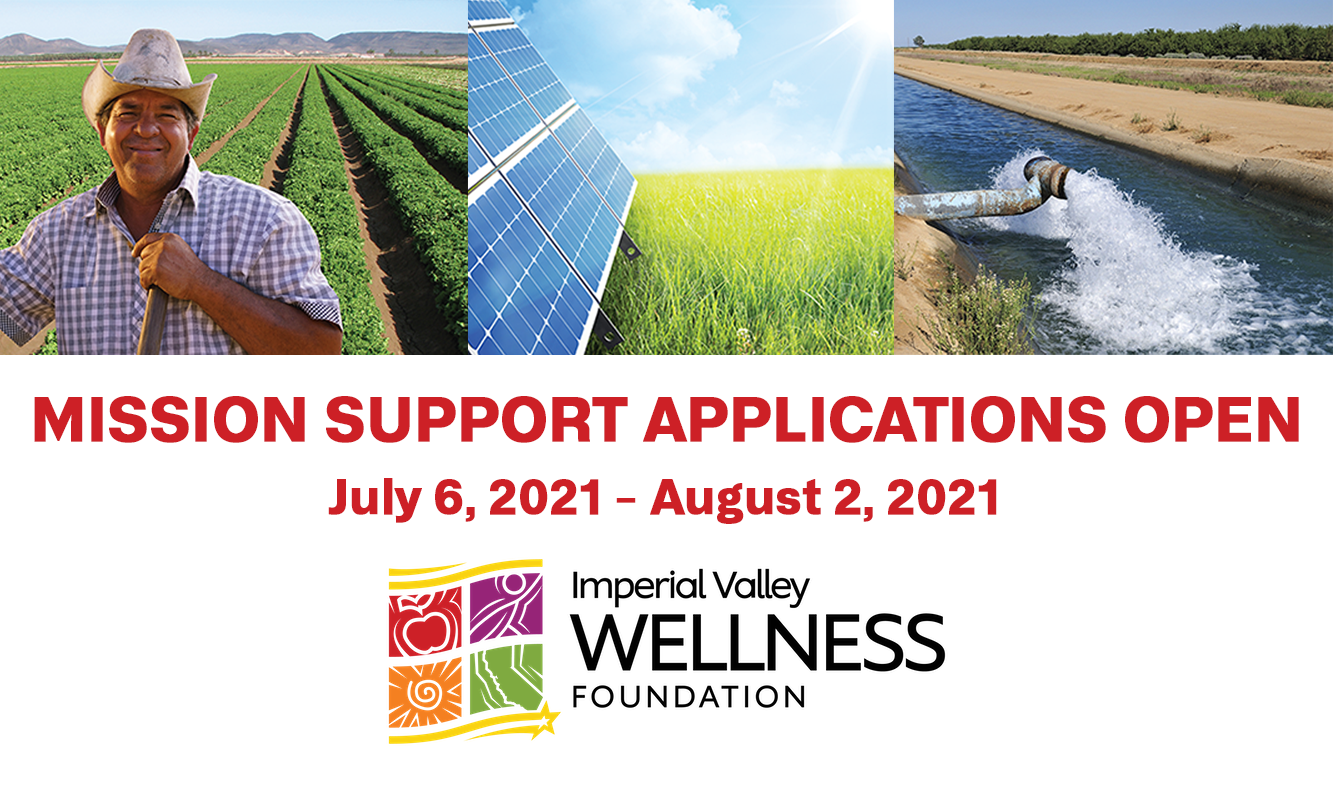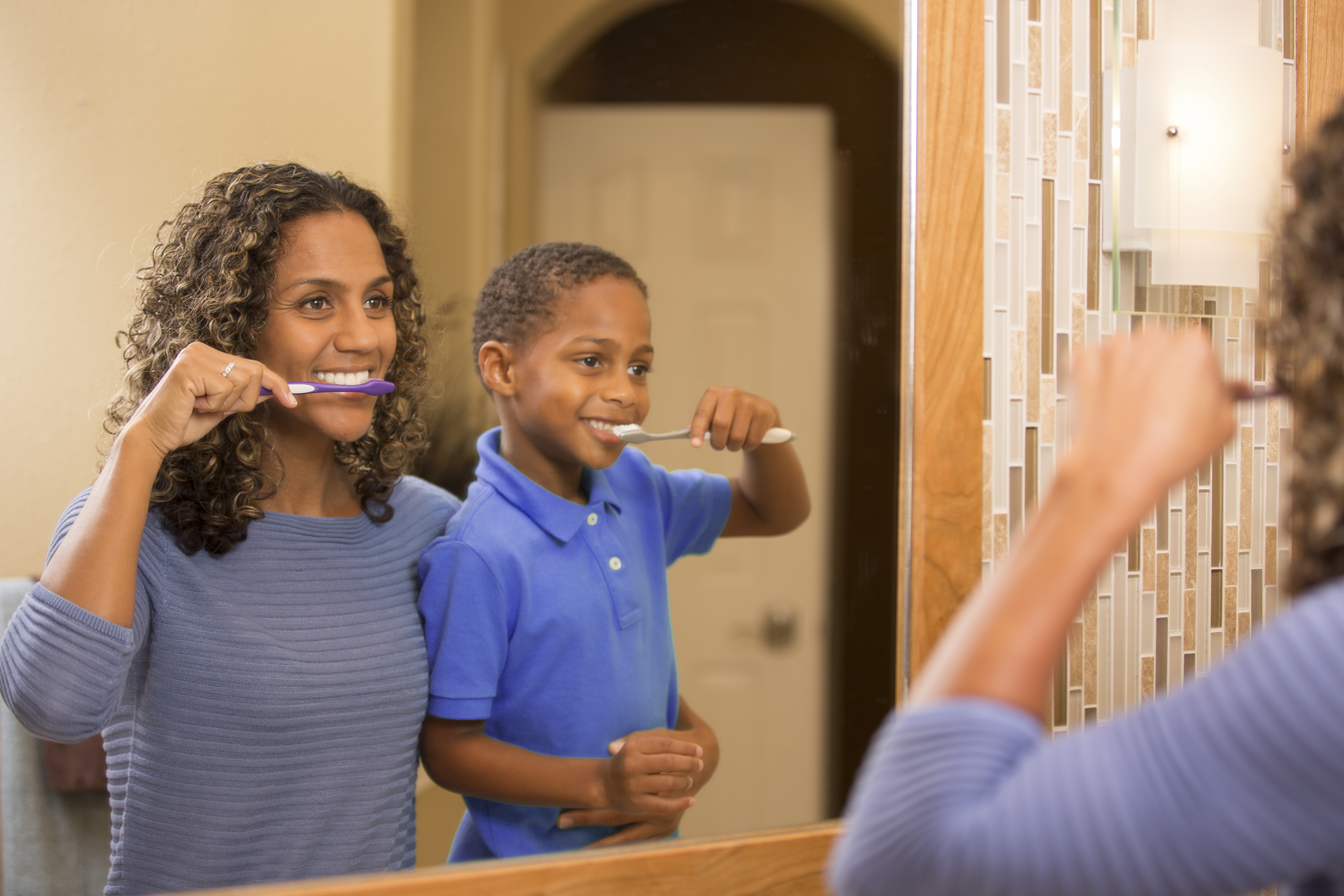February 26, 2016
It’s never too early to start practicing responsible oral hygiene.
With stomach pains still lingering from Valentine’s Day, a time to cherish chocolate and sweets, we must remind our youth of the important role that proper dental hygiene plays throughout our lives. February is National Children’s Dental Health Month, an observance that unites healthcare providers, dentists, parents, and everyone in between.
In a recent survey, the Children’s Dental Health Project concluded that most parents lack general knowledge about their child’s oral health. It may come as a surprise to you that tooth decay is childhood’s most common chronic health condition. As a result, more than 51 million hours of school are lost each year by children due to dental-related illness.
How can we get kids excited to take care of their teeth?
Proper health habits, including oral hygiene, can benefit you forever. When it comes to taking care of your teeth, it’s never too early to start practicing with children. Children respond to the actions of adults, so it’s important to set a positive example of healthy living, not just regarding mouth care, but throughout all aspects of the body. By instilling these values early, children learn how crucial it is to live a well-rounded, healthy life.
Utilizing a fun approach to oral hygiene helps establish good habits at a young age. Did you know everyone has unique and individual tooth prints, just like fingerprints? Click here for more fun facts about teeth to get kids enthusiastic about oral care. One of my favorite fun facts from the site: Giraffes only have bottom teeth. Their dental hygiene must be a piece of (sugar-free) cake!
During this month, the American Dental Association (ADA) challenges kids to join in the fight to Defeat Monster Mouth by destroying Plaqster the Monster, restoring healthy mouths for everyone. Tooth decay in children can be so severe that extraction is the best solution. Nobody wants that! Instead of possibly needing to resort to surgery, try working with your pediatrician to avoid dental problems by establishing healthy habits from birth.
What specific tips should you keep in mind?
Teething typically starts around six months, indicating it’s time to grab a toothbrush. As soon as you see teeth peeking through the gum, you should start brushing twice a day, using fluoride toothpaste about the size of a grain of rice and increasing the amount to pea-sized by about three years old. Fluoride is a natural mineral that occurs in some water sources and can also be administered through drops or chewable tablets. It helps your mouth by strengthening tooth enamel that protects against decay and the buildup of harmful bacteria.
But remember, brushing twice a day is not enough. I know you have heard this countless times before, but don’t forget to floss daily! By forgetting to floss, you are leaving 40% of the tooth’s surface uncleaned.
Some more tips provided by HealthyChildren.org through the American Academy of Pediatrics:
- Use fluoride toothpaste.
- Feed children healthy food and avoid sugary drinks before bed, such as milk, formula, juice, or soda.
- Look for one consistent color on your baby’s teeth. Spots and stains do not signify healthy teeth.
- Avoid foods that dentists don’t encourage kids to eat because they stick to teeth for long periods of time and/or provide frequent hits to their teeth:
- Sticky foods like caramels, raisins, and dried apricots, particularly when eaten alone
- Lollipops and other hard candies that dissolve slowly
- Desserts like cookies, cakes, and brownies
- Sugar, including brown sugar, honey, molasses, and agave nectar
Where can you find dental resources in your community?
There are some great local initiatives actively fighting Plaqster the Monster in their own ways. AHF grantee Council of Community Clinics has dental care available at many of their clinics. While restorative dental care is sometimes necessary, too, it’s best to start early with preventative dental health habits.
Other local groups include the Dental Health Initiative/Share the Care program, a public/private partnership aimed at improving dental health for children throughout our city by offering services such as no-cost care for children up to age 5. The Children’s Dental Health Association of San Diego also provides dental support to local underserved children.
By encouraging healthy habits for our youth, we can prevent tooth decay and create a community free of bad breath. With time and diligence, we can transform the dreaded dentist’s visit into a fun activity that strengthens our body and improves both our health and happiness.
What tips and tricks have you used to encourage healthy dental habits for the children in your life? We always welcome inspiration through your ideas and progress throughout the year. Feel free to share your thoughts!

Alliance Healthcare Foundation
NSasaki@AllianceHF.org
About Alliance Healthcare Foundation
Alliance Healthcare Foundation is a San Diego-based nonprofit which works with nonprofit, government and community agencies to advance health and wellness throughout the San Diego and Imperial Counties. AHF works to serve the most vulnerable – the poor, working poor, children and homeless by providing grants, advocacy and education to support its region.
To learn more about AHF, visit: AHF on Facebook, AHF on LinkedIn, AHF on Google+, AHF on YouTube, AHF on Twitter
To learn more about our grantees, visit our Grantee Page.
Related News

Jul 13, 2023
Grants, Pro Bono Consulting & Conferences
Partner News + Opportunities Grants, Pro Bono Consulting and Conferences [...]

Jul 12, 2022
Imperial Valley Wellness Foundation: Opens 2022 Mission Support Applications
Imperial Valley Wellness Foundation Opens Mission Support Funding Application El [...]

Jun 14, 2022
AHF Job Opening
Wanted: Senior Director of Strategy & External Relations and other [...]

